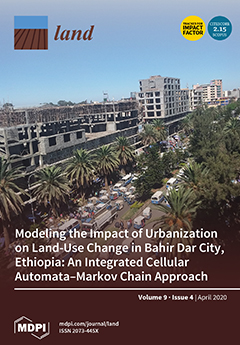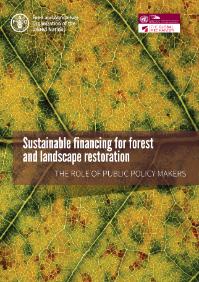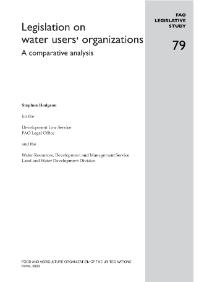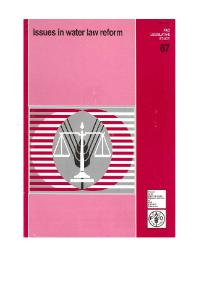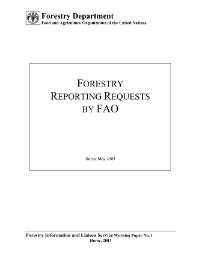This article explores the implications of the COVID-19 pandemic for public transport. Three elements are explored. Firstly, the short-term effects, including perceptions of public transport as a vector of virus transmission and shifts towards less-sustainable modes of transport. Secondly, we…
This study is the first analysis of the influence of the design of the logos of the National and Natural Parks of Spain on social attitudes toward these protected areas (PAs). The effect of certain elements in the logo of a PA on its attractiveness and on support for its conservation was…
The sustainability of territories (e.g., regions and countries) is currently an issue that should be considered when implementing organizational strategies. The globalization, industrialization, and population growth trends observed in recent decades have forced experts to adopt a sustainable…
This research makes a highly relevant contribution to the scientific analysis of the mining landscape using the example of Cartagena-La Unión (Spain). The landscape is interpreted from a twin perspective: as a type of digital content offered to visitors and as a highly valuable scenic tourism…
The constant declaration of new protected natural spaces that has taken place on a world scale in recent decades has caused changes in rural areas, where these spaces are often host to traditional activities that have acted over time as the area’s main sources of wealth. Among these activities,…
Spain is one of the largest wine producers in the world, with Extremadura (south-west Spain) being its second-largest producing region after Castilla La Mancha. Within Extremadura, the most traditional and productive viticulture region is the Tierra de Barros, which boasts an annual production…
Conservation of the environment has become a key factor in tourist development, as is shown by the increase in visitors to natural parks and other places with rich ecosystems. Protected areas have become polarised centers for tourists of very varied characteriztics, not only for those who make…
This book critically assesses the role of agrobiodiversity in school gardens and its contribution to diversifying diets, promoting healthy eating habits and improving nutrition among schoolchildren as well as other benefits relating to climate change adaptation, ecoliteracy and greening school…
Public policy makers from developed and developing countries, at all levels (national, regional, local), have the opportunity to take leadership as FLR financing champions. Even without controlling private capital, they can support resource mobilization in a number of ways This publication…
A robust regulatory framework for the corporate governance of water user's organizations is a fundamental ingredient of irrigation management transfer policies. The present publication offers a comparative analysis of the contemporary legislation of a wide variety of countries, providing…
This publication contains the papers presented at the Expert Consultation on Issues in Water Law Reform, convened by FAO in Pretoria, Republic of South Africa, 3 to 5 June 1997. The Expert Consultation was the first activity under, and served as a launch for, the FAO-funded and -executed project…
Given its wide scope on the work on forests, FAO requests information from its member countries in many different ways, using various reporting formats and questionnaires. The collected information is used to produce several outputs such as databases, overviews, reports, case-studies and other…


